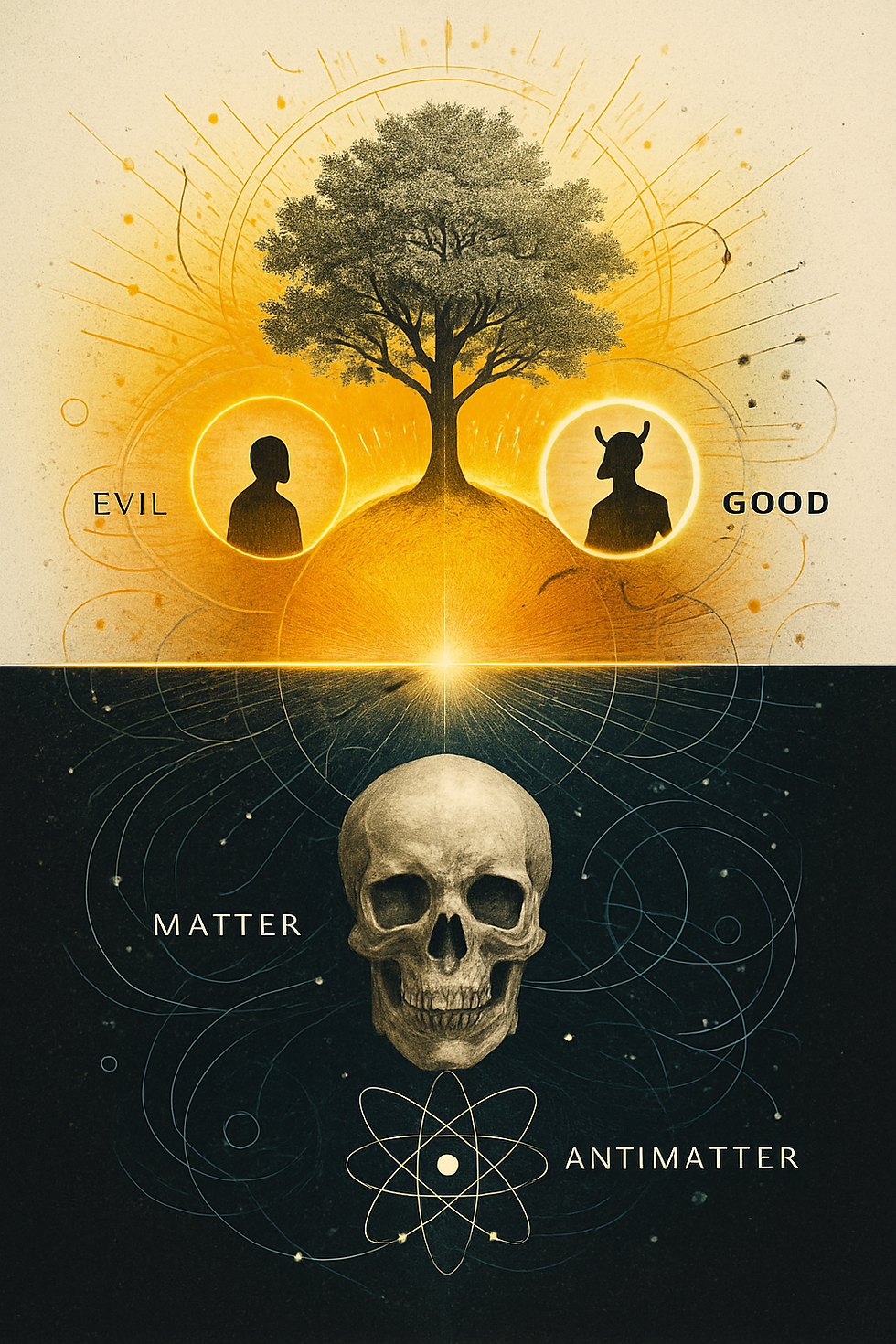Free Will Within Determinism
- rabie soubra
- Sep 21, 2025
- 2 min read
The free will debate has been raging for centuries, with philosophers and thinkers, and pseudo intellectuals split into rigid camps: either we have complete freedom to choose our actions, or we're predetermined biological machines following predetermined scripts.
In my opinion, we do have free will, but we're operating within a deterministic framework.
This statement describes how choice actually works in the real world.
Every composer in human history has been constrained by the same basic limitation, 7 notes.
Do, Re, Mi, Fa, Sol, La, Ci
No musician has ever escaped this fundamental restriction.
They can't invent an eighth note or break free from the mathematical relationships between frequencies that make harmony possible.
This is determined.
Yet within this rigid framework, we've created everything from Bach's fugues to jazz improvisation to death metal.
The constraints don't eliminate, nor do they limit, creativity.
Language works the same way.
English has roughly 26 letters and a few thousand common words.
Every English speaker is bound by grammar rules, syntax patterns, and the physical limitations of human vocal cords.
Nobody gets to invent new letters or ignore sentence structure entirely and still be understood.
This is determined.
Yet within this severely constrained system, we've produced Shakespeare, scientific papers, text messages, rap battles, Finnegan’s Wake and this essay.
The limitation on available letters and words doesn't eliminate linguistic freedom.
Sports illustrate this principle even more clearly. Every sports has its own “physics” which can never be altered.
A golf swing has its own obligatory physics characteristics.
So does a tennis swing.
A high jump approach.
A breaststroke.
The free will debate gets stuck because it assumes freedom means "making our own choices”, whereas the opposite argument promotes that our choices are made for us.
Real freedom operates within constraints, not outside them.
You can't choose to be seven feet tall or to have been born in ancient Rome.
But within the framework of your actual circumstances—your biology, culture, available options, and physical laws—you face countless meaningful choices every day.
You're free to choose what to eat for breakfast, but you're constrained by what's available, what you can afford, and what your digestive system can handle.
You're free to choose your career, but you're constrained by your skills, the job market, and economic reality.
You're free to choose your beliefs, but you're constrained by your experiences, available information, and cognitive limitations.
These constraints define the space within which your freedom operates.
In my opinion, the free will debate asks the wrong question.
Instead of "Are we free or determined?" we should ask "How do we exercise meaningful choice within the constraints that define our existence?"
The answer reveals something beautiful: our limitations aren't the enemy of freedom, they're the canvas on which freedom expresses itself.
Like musicians working with seven notes or athletes playing within rules, we find our freedom by making creative, authentic choices.
So, are we free?
In my opinion we are, but we’re also not.






Comments